Atropine is a poisonous substance from the group of alkaloids. In nature it is found in nightshade plants such as deadly nightshade or the angel's trumpet. The uncontrolled ingestion of atropine can be fatal, but the active ingredient has many and important uses in the field of medicine.
What is atropine?

In addition to its natural occurrence in the nightshade family, it is used for medicinal purposes Atropine synthetically produced. The pharmacist Philipp Lorenz Geiger is considered to be the discoverer of the active ingredient.
This is classified in the group of parasympathetic agents, which are substances that act on the parasympathetic nervous system. The parasympathetic nervous system is a part of the human nervous system that is responsible for regulating the metabolism, regenerating the body, and ensuring rest and relaxation in the body.
Atropine inhibits these functions of the parasympathetic nervous system, which increases the body's performance.
Pharmacological effect
The active substance Atropine influences various functions and organs in the body. Due to the blocking effect on the parasympathetic nervous system, the increased activity of the sympathetic nervous system accelerates the heartbeat.
For the same reason, the bronchi in the lungs expand, which improves breathing. The intake of atropine is also expressed by reduced saliva and sweat formation. There is also a strong sensitivity to light and reduced vision. Likewise, the stomach and intestinal activity decreases.
A dilation of the pupils can be observed as a side effect. All of these physical reactions are due to the increased activity of the sympathetic nervous system. If this is the case, the body switches to "attack", which means that there is an increased willingness to act, which normally fulfills its purpose in dangerous situations, to fight or to flee.
Medical application & use
In medicine one has these effects of the Atropine made use of. Already in the 19th century the active ingredient was used for asthma diseases. The lung disease, which can lead to acute shortness of breath, was remedied by the bronchodilator properties of atropine. However, because of a variety of side effects, medicine today uses other means to treat the disease.
Atropine has a firm place in emergency medicine these days. If a patient has a heart rate that is too low (known as bradycardia), the drug is used to increase the heart rate. Patients under anesthesia suffer from bradycardias more often because of the anesthetic, so atropine is also used in anesthesia.
Atropine can be helpful for cramps in the gastrointestinal tract, but its use for this purpose is relatively rare. It is also used in ophthalmology. It serves to dilate the patient's pupils, which can be necessary for some examinations and diagnoses.
Atropine can also be used as a drug for incontinence, problems with emptying the bladder or an irritable bladder. Atropine is very rarely used for painful menstrual bleeding, because there are newer and more effective drugs to treat this problem.
You can find your medication here
➔ Medication for shortness of breath and lung problemsRisks & side effects
The risks and side effects of Atropine are immense compared to its relatively limited therapeutic use. Under no circumstances should the active ingredient be taken without medical advice, as there is an acute risk of poisoning and thus death. In particular, the uncontrolled consumption of nightshade plants such as the angel's trumpet or the thorn apple as intoxicants makes the risk incalculable due to the difficult to calculate dose.
In addition to hallucinations, various symptoms of intoxication occur. These are initially expressed by skin reddening and palpitations. This can be followed by unconsciousness and respiratory paralysis. From this point on, the patient's condition is already hopeless in almost all cases, and there is a high probability of death. In deaths from atropine abuse, fatty liver and skin bleeding were found, which occur in the course of the poisoning. Children can only tolerate extremely low doses of atropine.
Overdosing is treated by emptying the gastrointestinal tract and using artificial respiration.
When taking atropine in a controlled manner (i.e. under medical supervision), patients often complain of dry mouth, nausea and vomiting, and rapid heartbeat. Skin reddening, extreme restlessness and loss of appetite can also occur. All of these side effects result from the inhibitory effect of atropine on the parasympathetic nervous system.

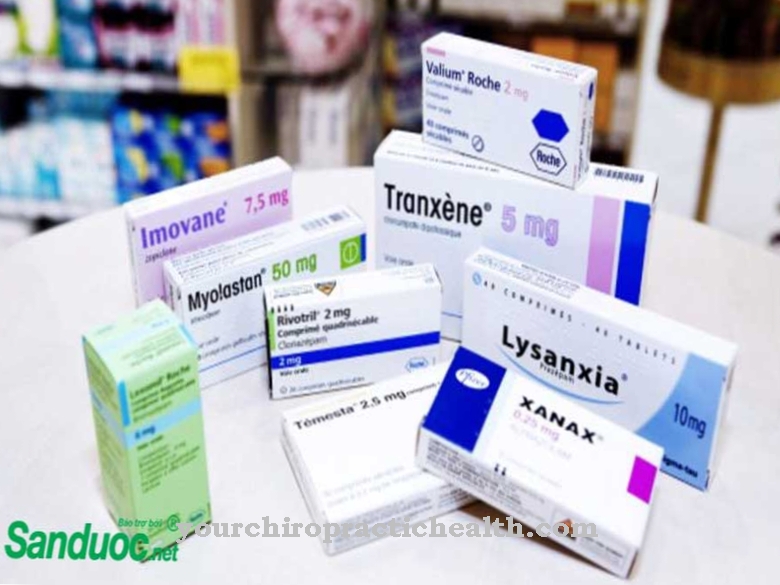
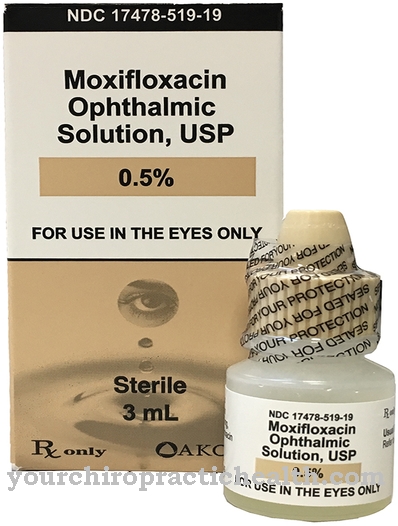
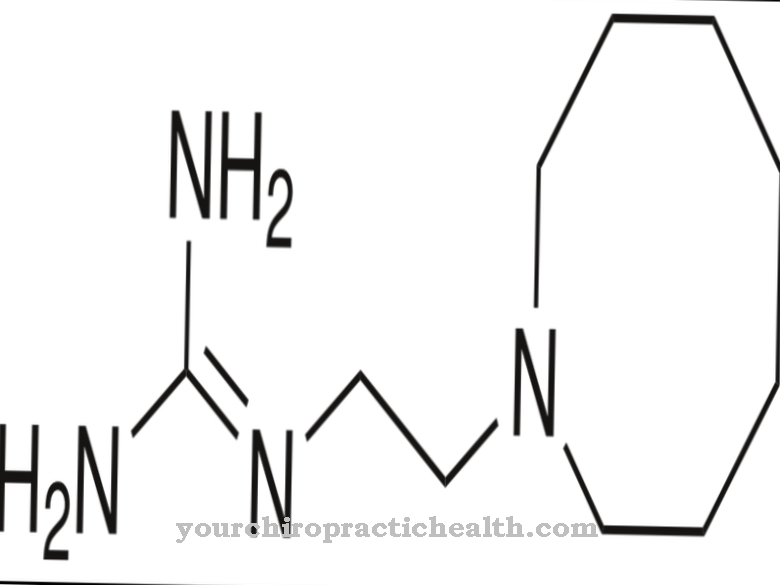
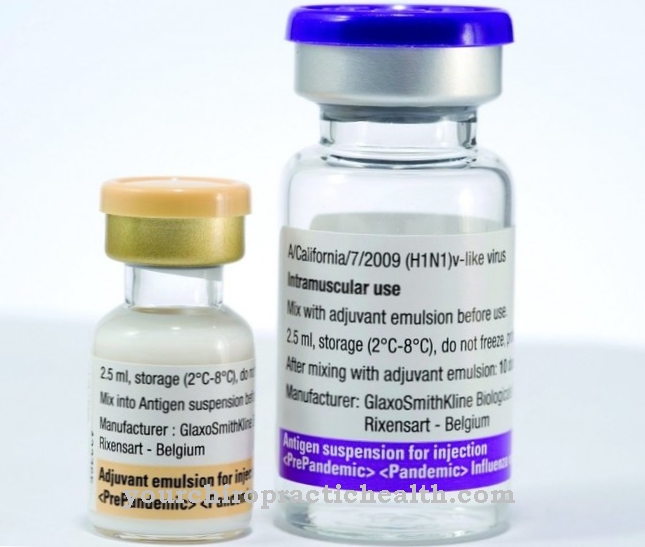
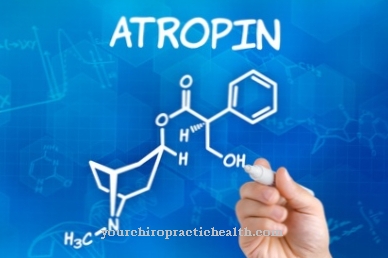
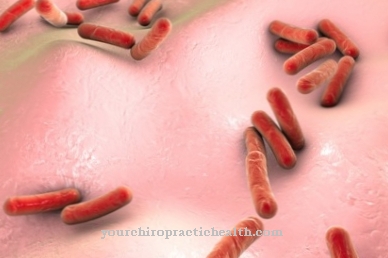





.jpg)



.jpg)










.jpg)
